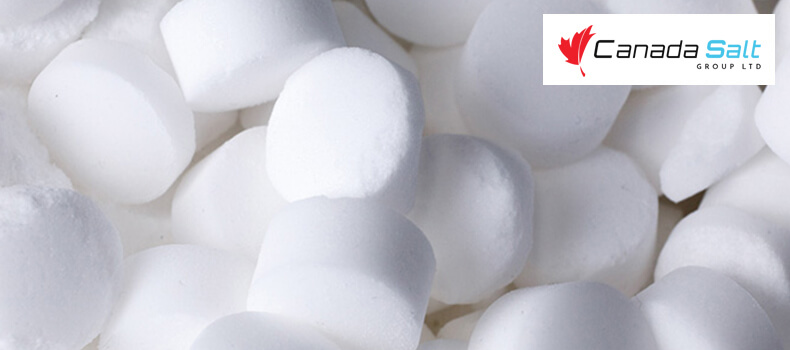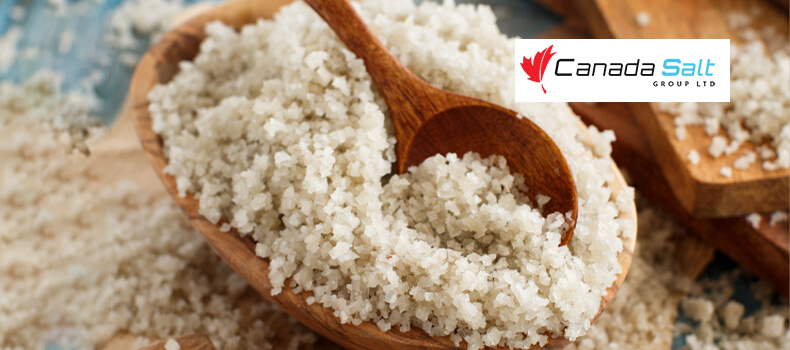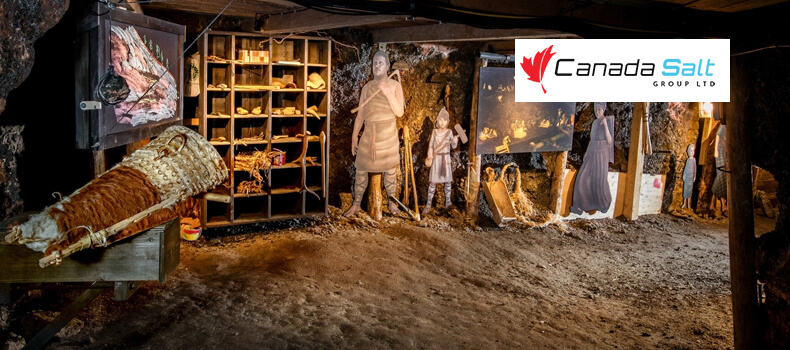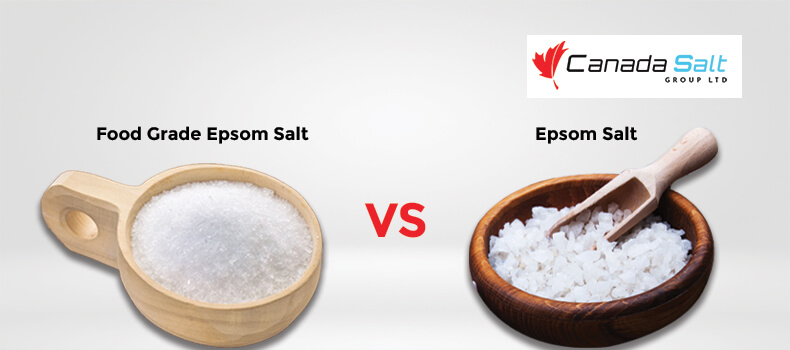What Is Hardwater?
Water is essential for everyone in daily activities. Although water is crystal clear most of the time, some minerals and chemicals dissolved, determining if it is hard or soft. Read the article to know more about hardwater and how to measure the hardness.
What Actually Does Hardwater Mean?
Water is described as hard if minerals like calcium and magnesium are dissolved. Although hard water is not a health hazard, it can cause damages to your household items due to mineral deposits. Hardwater is also responsible for the poor performance of detergent and toilet soaps.
Is Drinking Hardwater Safe?
Drinking hard water is safe as it fulfills your body’s daily intake of minerals. The other benefit of hard water includes lowering the risk of cardiovascular disease. Although there are benefits of taking hard water, it is better that you switch to soft water. Hard water can cause severe damages to all the pipes, your skin and, even your hair.
How Hardwater Effects Skin And Body?
Even though hard water intake is safe, the outer body can be affected by using hard water. Taking a bath in hard water can make your skin lose moisture and feel less clean. Your hair can develop dandruff due to shower with hard water and also cause skin problems like eczema.
What Are Signs Of Hardwater?
- Clothes look dull and rough after washing.
- Scale buildup on white porcelain
- Your skins become dry and flat.
- Low water pressure from showers and pumps
- White residues on dishes and dishwasher
Testing Hardness of Water
After experiencing difficulties with hard water, it is natural for everyone to check for the water’s hardness levels. By July 1st, you should always receive a water supplier report about water quality every year. The report has all details regarding the water source and includes its hardness. If you did not receive the report, you could ask for a local municipal authorities’ report.
How Is Hardness Measured?
The hardness of water is measured in PPM(Parts Per Million) or Milligrams Per Litre. Below is the table indicating the degrees of hardness of water
- Softwater – 0 to 17.1 mg/L of minerals
- Slightly Harder – 16.1 to 60 mg/L of minerals
- Moderately Hard Water – 61 to 120 mg/L of minerals
- Hard Water – 121 to 180 mg/L of minerals
- Extremely Hard water – 180 mg/L of minerals and more
Quick In-Home Testing
One of the easy ways to test water’s hardness is by using a clear and clean water bottle with a cap and pure liquid soap. Now fill the bottle with one-third of the tap water you are using and add few liquid soap drops. Shake the bottle vigorously for some seconds and observe water in the bottle. If the water appears cloudy or there are no distinct bubbles, then water is hard. If there are copious bubbles and the resting water at the bottom of the bottle, water is soft.
Water Hardness Testing Strips
One can use simple plastic chemical strips to determine if the water is hard or not. Just dip the strip in a cup of water to be tested and wait for some seconds. The colour of the strip changes and based on the colour observed. You can decide the hardness of the water. Usually, the dark blue colour indicates that the water is very hard.
Using A Testing Meter
The hardness of water can be tested using a test meter. Switch on the testing meter and dip it into a cup of cold water from the tap. After few seconds, you can find water’s hardness displayed in Parts per million. Be sure not to submerge the display in water and rinse and dry out the meter after using it.
Choose The Best Water Softener
Even though hard water is beneficial for your health, damage can be caused to your household items, pipes, and clothes. Water softeners are used to remove chemicals like calcium and magnesium. We supply water softening salt in rock salt or solar salt at Canada Salt Group Ltd. Our professionals will help you choose the best softener salt for your household. Contact us for a free estimate.





